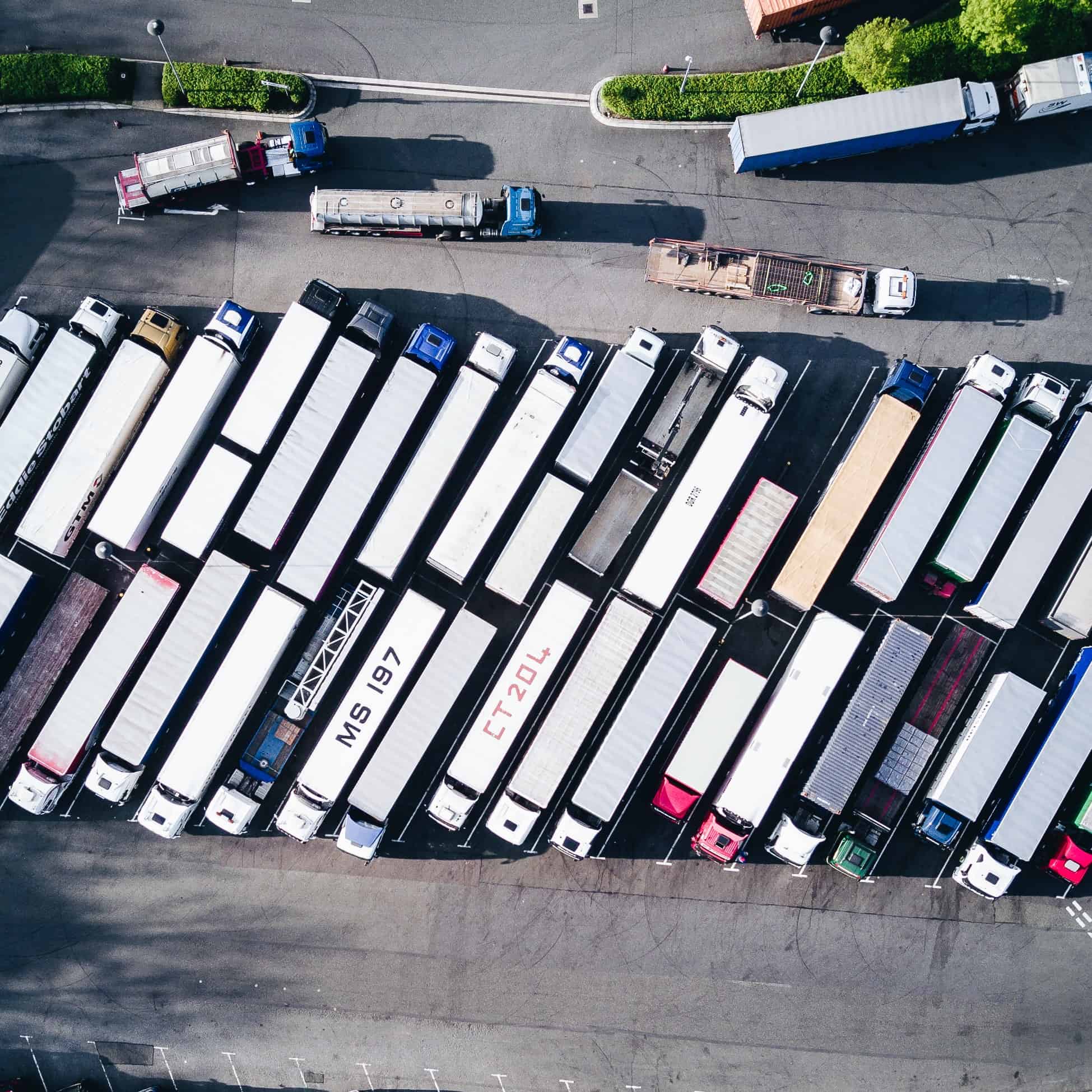Acquiring a commercial fleet can heavily impact your business’ cash flow. To offset the associated costs of commercial fleets, many trucking companies use commercial fleet financing to increase their purchasing power without breaking the bank.
If you’re looking to expand your fleet or you are simply interested in obtaining a commercial truck loan, keep reading. You will learn all about commercial fleet financing and how you can make it work for your business.
How Does Commercial Fleet Financing Work?
Like most other financial lending services, commercial fleet financing requires you to go through an application process. As part of the application process, you will be asked to provide the following information about yourself.
- Personal Information:
- Name
- Address
- Credit Range
- Annual Personal Income
- Other Contact Information
- Business Information
- Legal Company Name
- Business Formation Date
- Federal Tax ID
- Bank Statements
- Corporation Type
- Fleet Size
- Financing Information
- Financing Amount
- Funding Date
- Available Down Payment
- Point of Contact
- Ownership Stake
- Credit Information
- Truck or Fleet Specifications
- Age of Vehicles
- Invoice Price or Bill of Sale
After the application process is complete, you will receive repayment terms if you are approved for a commercial truck loan. Since lending institutions often set financing caps, you should make sure you can qualify for the amount of financing that you need. Before your loan application can be approved, you will need to meet the qualifying credentials required by your lending partner as well.
How To Qualify For Commercial Fleet Financing
Though there are commercial loan services for people in all kinds of situations, qualifying for commercial fleet financing typically requires you to have a large amount of collateral or liquidity. Meeting the minimum requirements for the following categories is key to qualifying for commercial fleet financing.
Credit Score and History
According to Lending Tree, applicants for commercial fleet financing must have a personal credit score of at least 640. Many lenders will penalize people who have liens or bankruptcy as part of their credit history.
That said, some lenders have specific programs for clients with less favorable credit. If your credit isn’t in the best shape, you can still obtain a truck loan, but your rates will be higher and your terms will likely be less than ideal.
Time in Business
Even though there are lending rates for all businesses, no matter how long the business has been in place, start-ups generally receive higher rates, longer approval times and down payment requirements between 10% and 20%. Generally speaking, lenders would rather lend money to borrowers who have been in business for at least two years.
Annual Revenue
If you’re looking to purchase a large fleet to scale your business, your annual revenue as a business will play a major role in whether or not you will qualify for a commercial fleet loan. While there aren’t any set numbers, according to Fundera, most lenders look for annual revenue of at least $150,000.
Industry Experience
Though most lenders want to work with businesses that have at least two years of experience, it is also favorable if you have a current CDL that has been active for at least three years.
Finance Faster
Expanding your fleet can be an expensive endeavor, but luckily, commercial fleet financing can offset those costs. With good credit and the right certifications, your truck loan has the potential to be approved within 24 hours.
FAQ
A commercial vehicle fleet refers to one or more vehicles that are used for commercial driving purposes.
While you can take out a general loan, commercial fleet financing is the best option for financing a fleet or obtaining a truck loan.
A fleet can be made up of a single owner-operator truck or thousands of trucks. It all depends on how large you want your fleet to be.



